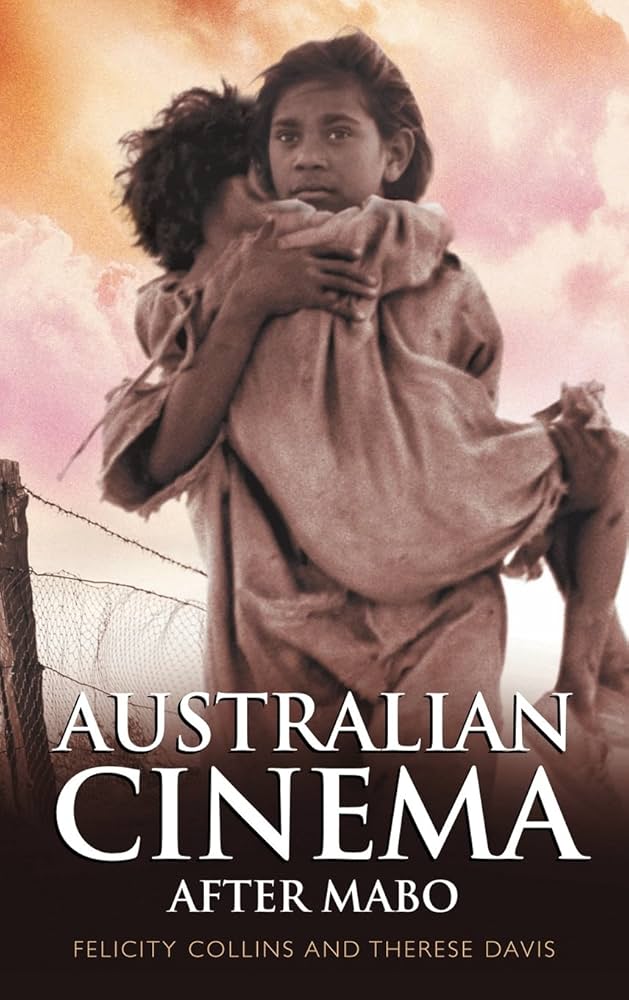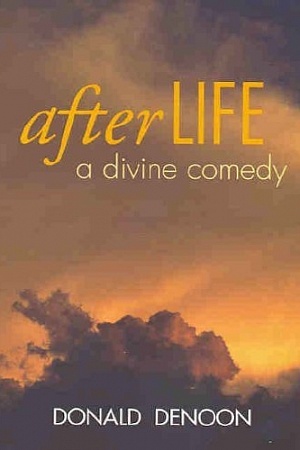Australian Cinema After Mabo
CUP, $39.95pb, 208pp
The Dark Wood
This book fulfils two objectives. Within popular culture’s contribution to concepts of national identity, it energises a gap left in cinema studies by taking the contemporary discussion from the 1990s through to Japanese Story (Brooks, 2003). Secondly, it attempts to place films produced in the last ten years within the context of what the authors clearly believe to be the single most important recent event in the positioning of a dialogue between white and Aboriginal populations about belonging. That event is the Mabo decision of 1992 by the High Court that native title did exist at the time of the British invasion in 1788. The authors contend that this decision marks a watershed in the political unconscious of the nation. The assumption of terra nullius, that the land was not occupied and therefore entailed no transaction of settlement rights, was overthrown. More contentiously, they argue that this decision has caused a deep trauma in the white community, symptoms of which may be seen in the movement for reconciliation. At the heart of their study is the idea that this trauma is entangled in the major themes of most, if not all, the films produced locally post-Mabo.
Continue reading for only $10 per month. Subscribe and gain full access to Australian Book Review. Already a subscriber? Sign in. If you need assistance, feel free to contact us.















Leave a comment
If you are an ABR subscriber, you will need to sign in to post a comment.
If you have forgotten your sign in details, or if you receive an error message when trying to submit your comment, please email your comment (and the name of the article to which it relates) to ABR Comments. We will review your comment and, subject to approval, we will post it under your name.
Please note that all comments must be approved by ABR and comply with our Terms & Conditions.